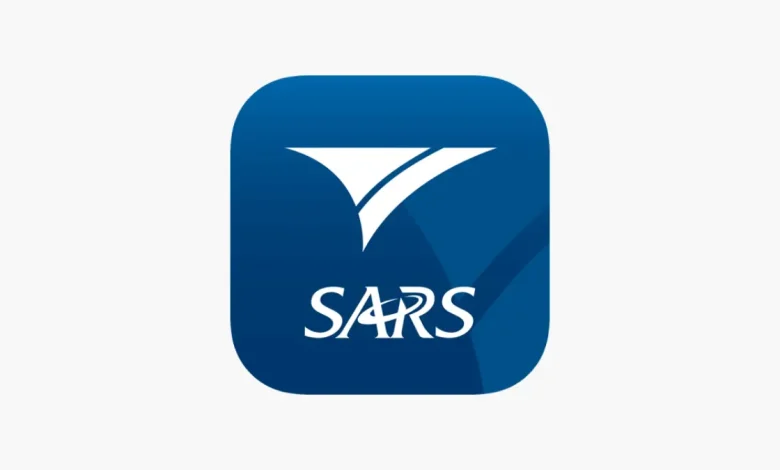Auto-Assessment vs Manual Filing: What SARS Isn’t Telling You

Tax season in South Africa is evolving, and with the 2025 filing season underway, many taxpayers face a choice between SARS’s Auto-Assessment system and traditional manual filing. While SARS promotes Auto-Assessment as a simpler, faster way to comply, there are important details and implications that taxpayers need to understand before deciding which method suits them best. This article breaks down the differences, benefits, and hidden considerations of Auto-Assessment versus Manual Filing in 2025.
ALSO READ: Everything You Need to Know About Filing Your 2025 SARS Tax Return
What Is SARS Auto-Assessment?
SARS Auto-Assessment is an automated tax filing process designed to simplify compliance for taxpayers with straightforward tax affairs. Using third-party data from employers, banks, medical aid schemes, and retirement fund administrators, SARS pre-populates your tax return and issues an assessment on your behalf.
If you receive an Auto-Assessment notification (between 7 and 20 July 2025), you can simply review the assessment via SARS eFiling or the MobiApp. If you agree with the details, no further action is needed, and any refund due is typically paid within 72 hours. However, if you disagree or have additional income or deductions not reflected, you must manually file a return by the deadline.
Benefits of Auto-Assessment
Auto-Assessment offers several advantages:
- Convenience: Taxpayers with simple tax affairs don’t need to complete and submit returns manually.
- Speed: Refunds are processed quickly, often within three days.
- Accuracy: SARS uses verified third-party data to pre-fill returns, reducing errors.
- Less Stress: The system reduces paperwork and filing complexity.
This streamlined process is ideal for taxpayers with a single income source, standard deductions, and no additional income streams.
When Manual Filing Is Necessary
Manual filing remains essential for taxpayers whose financial situations are more complex. This includes those who:
- Have multiple sources of income (freelance work, rental income, foreign earnings)
- Claim additional deductions or tax credits not included in auto-assessment
- Are provisional taxpayers or trusts
- Do not receive an Auto-Assessment notification
Manual filing opens on 21 July 2025 and closes on 20 October 2025 for non-provisional taxpayers. It requires taxpayers to log into SARS eFiling or the MobiApp, complete their tax returns, and submit supporting documentation if necessary.
What SARS Isn’t Telling You About Auto-Assessment
While Auto-Assessment sounds ideal, there are some less obvious points to consider:
- Incomplete Information: SARS relies on third-party data, which may not capture all your income or deductions. If you miss declaring additional earnings like rental income or freelance work, your assessment could be inaccurate.
- Limited Eligibility: Not all taxpayers qualify. Auto-Assessment is generally for those earning below R500,000 annually with uncomplicated tax affairs.
- Responsibility to Review: Taxpayers must carefully review their Auto-Assessment. Accepting it blindly can lead to missed deductions or underreported income.
- Refund Thresholds: Refunds or debts under R100 are rolled over to the next tax year, which may delay your expected payments.
- Dispute Process: If you disagree with the Auto-Assessment, you must manually file a return to correct it, which can be time-consuming.
Therefore, Auto-Assessment is not a “set and forget” solution but requires active engagement.
How to Decide Between Auto-Assessment and Manual Filing
Choosing the right method depends on your tax situation:
- If your income is straightforward, you have no additional deductions, and you receive an Auto-Assessment notification, reviewing and accepting the Auto-Assessment is efficient.
- If you have complex income streams, additional deductions, or did not receive an Auto-Assessment, manual filing is necessary to ensure accurate reporting and compliance.
Always prepare your documents early, update your personal and banking details on SARS eFiling, and keep records of all income and deductions.
Key Dates for 2025 Tax Season
- Auto-Assessment rollout: 7 – 20 July 2025
- Manual filing opens: 21 July – 20 October 2025 (non-provisional taxpayers)
- Provisional taxpayers filing: 21 July 2025 – 19 January 2026
- Trusts filing: 20 September 2025 – 19 January 2026
Meeting these deadlines is crucial to avoid penalties and interest.
Stay Informed and Choose Wisely
SARS’s Auto-Assessment system offers a convenient option for many taxpayers, but it’s not without limitations. Understanding the differences between Auto-Assessment and Manual Filing, and knowing when each applies, will help you avoid errors and maximize your tax benefits.
Always review your Auto-Assessment carefully, and if your tax affairs are complex, opt for manual filing to ensure full compliance. Staying informed and proactive is the best way to navigate the 2025 tax season smoothly.
For more detailed information and to access SARS services, visit the official SARS website.



